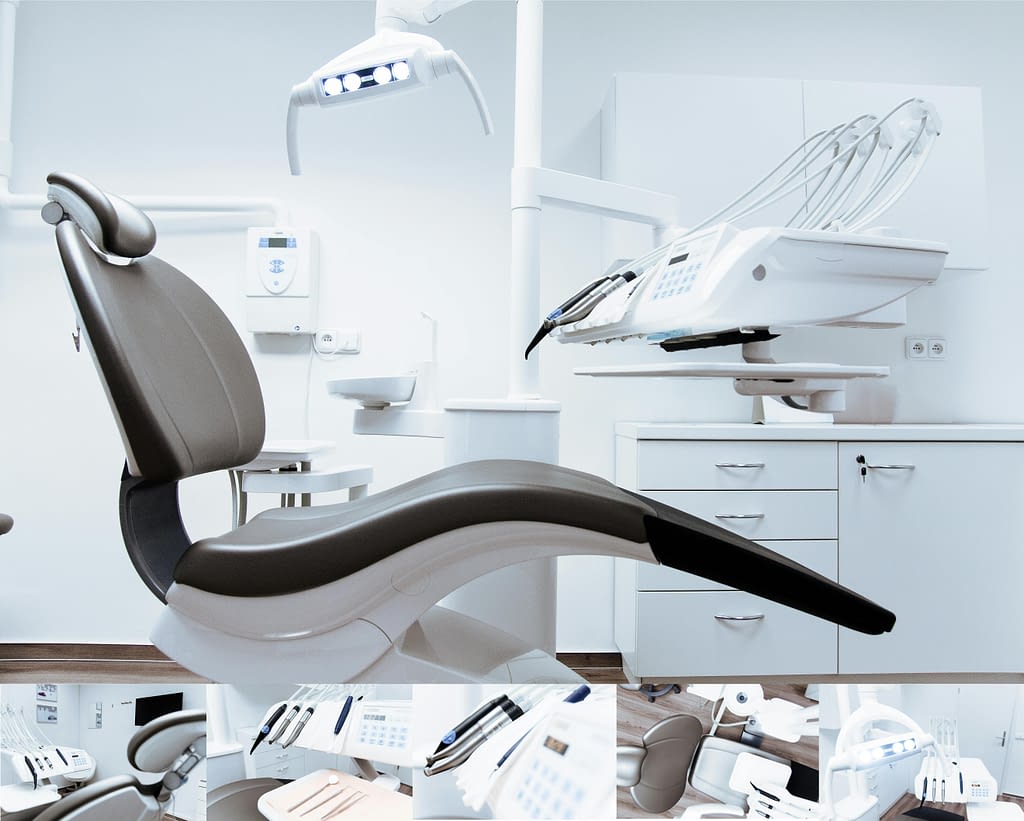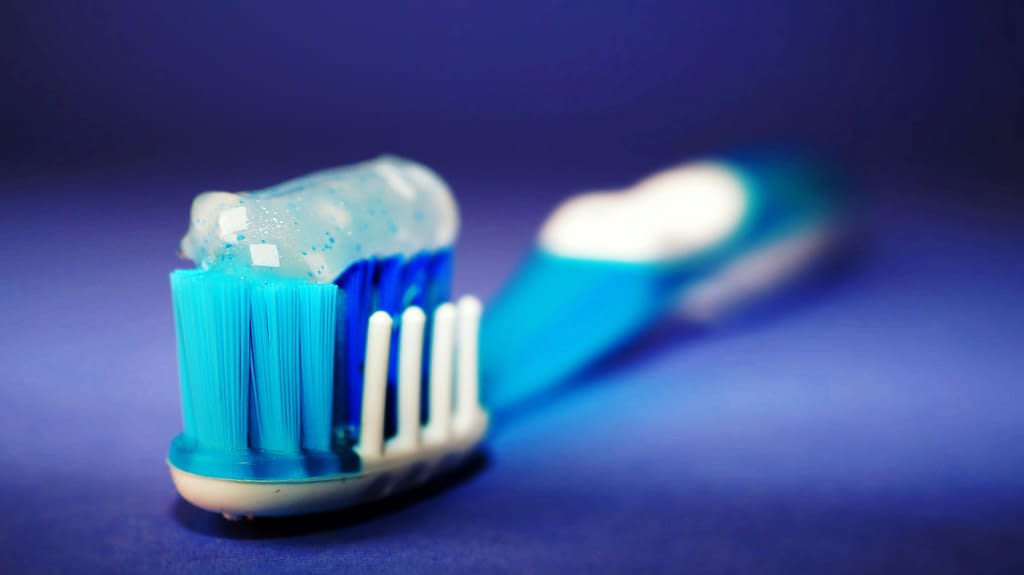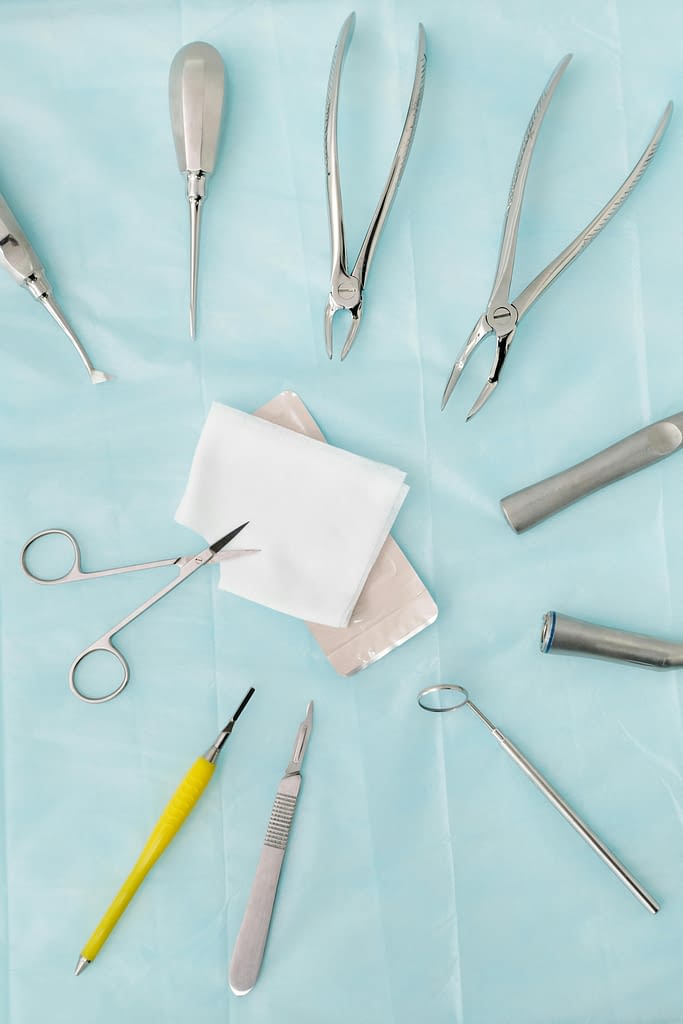Getting older brings new experiences, wisdom — and yes, some changes to your body. One area many people don’t think about enough is oral health. Just like your joints or vision, your teeth and gums evolve with age. The good news? By staying on top of daily care, you can maintain a bright, healthy smile well into your later years.
Oral health is closely connected to your overall physical health and quality of life. A bright, pain-free smile not only helps you eat and speak comfortably, but it also boosts your confidence and supports your general health. Let’s explore the ways your teeth and gums evolve over time and what that means for your care routine.

1. Yes, Teeth Can Be for Life
It’s a myth that losing teeth is a normal part of aging. With proper care, many people keep most or all of their natural teeth well into their golden years. Gum disease is the top cause of tooth loss, but it’s preventable.
Learn more from the CDC on gum disease.
2. Dry Mouth Doesn’t Have to Slow You Down
Dry mouth is common with certain medications. Saliva helps protect your teeth, so staying hydrated and using sugar-free gum can help. Ask your doctor about alternatives.
See more tips at MouthHealthy: Dry Mouth.
3. Gentle Care Keeps Gums in Great Shape
Gums may recede over time, leading to sensitivity. Using a soft toothbrush and not brushing too hard can help. Routine visits to the dentist help prevent problems and keep your mouth in good shape
Find out more at Healthline: Receding Gums.

4. Regular Checkups Can Catch Oral Cancer Early
Oral cancer risk rises with age, but regular checkups help with early detection. Your dentist can screen for signs during routine visits.
Read more at the American Cancer Society: Oral Cancer.

5. Cavities Aren’t Just for Kids
Older adults can still get cavities. Fluoride toothpaste, good brushing habits, and regular dental checkups all help reduce the risk.
More info at the Mayo Clinic: Tooth Decay.
6. Great Options for Missing Teeth
If you do lose a tooth, there are great replacement options like dentures, bridges, or implants. They can improve your comfort, appearance, and ability to eat.
Explore solutions from NIDCR: Dentures.
7. A Healthy Mouth Supports a Healthy Body
Oral health is tied to your overall health. Gum disease has been linked to heart disease and diabetes. Taking care of your mouth helps take care of your whole body.
Learn more at Colgate: Oral Health and Your Body.

A Bright Future Starts with a Healthy Smile
Aging brings changes, but it also brings opportunities — like taking more control of your health. Your smile doesn’t have to fade with time. In fact, many people enjoy better dental habits later in life because they understand just how important oral health really is.
To keep your smile shining:
- Brush and floss daily
- Drink plenty of water
- Visit your dentist regularly
- Speak up about any concerns or changes in your mouth
It’s never too late to invest in your health — and your smile is a great place to start.












